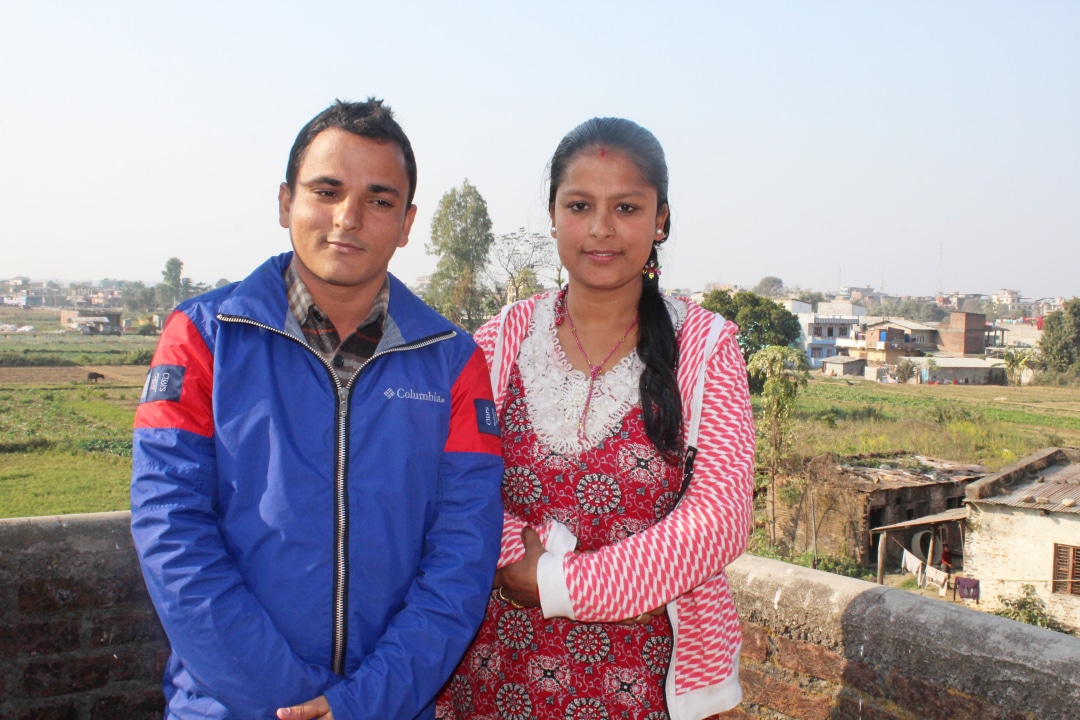

Supporting Relationship Quality in Nepal and Rwanda: A Comparative Case Study
Our own Gemma Ferguson, Technical Advisor for EAI, recently published a comparative case study on programs in Nepal and Rwanda that teach and support couples who are working to create and maintain equitable, nonviolent relationships.

Gemma Ferguson, Technical Advisor for EAI, along with academics from the London School of Hygiene and Tropical Medicine and Emory University, recently published a comparative case study in the Journal of Social and Personal Relationships on programs in Nepal and Rwanda that teach and support couples who are working to create and maintain equitable, nonviolent relationships.
Although intimate partner violence (IPV) is the most common form of violence against women, there is limited understanding of best practices to prevent IPV by working directly with couples and supporting the quality of their relationships. Many couples who experience violence in their relationships may want to stay together and need support and skills to manage their interactions more positively and eliminate violence from their relationships. Both programs were funded by the UK Department for International Development (DFID) under their What Works to Prevent Violence Against Women initiative, which is managed by the South African Medical Research Council.
Although IPV is the most common form of violence against women, there is limited understanding of best practices to prevent it by working directly with couples and supporting the quality of their relationships.
The Indashyikirwa program in Rwanda, implemented by CARE International in Rwanda, the Rwanda Women’s Network, and the Rwanda Men’s Resource Centre, implemented a five-month curriculum with couples to support equitable, nonviolent relationships. Approximately 25% of trained couples were further supported as community activists for an additional two years.
The Change Starts at Home program in Nepal, designed and managed by EAI, implemented a nine-month couples’ curriculum to promote equitable and violence free relationships by fostering mutual respect and understanding, alongside a weekly radio program. The last three months of the curriculum focused on community outreach and awareness.
For the comparative study, qualitative interviews were conducted separately with 28 couples before, immediately after and then one year following the intervention in Rwanda, and with 36 couples before, six months into, and again at the end of the intervention in Nepal.
Despite the very different interventions and settings, the cross-comparative analysis suggests that both programs helped achieve positive changes among the couples, including enhanced quality of their own relationships and improved skills as mediators to prevent IPV among others.
Both programs supported greater communication and conflict resolution skills and a sense of unity and shared power among couples. The study suggests that couples programming, in an enabling environment with highly trained facilitators and strong referral networks, can be a highly valuable approach to IPV prevention and support.
Read the full case study here.